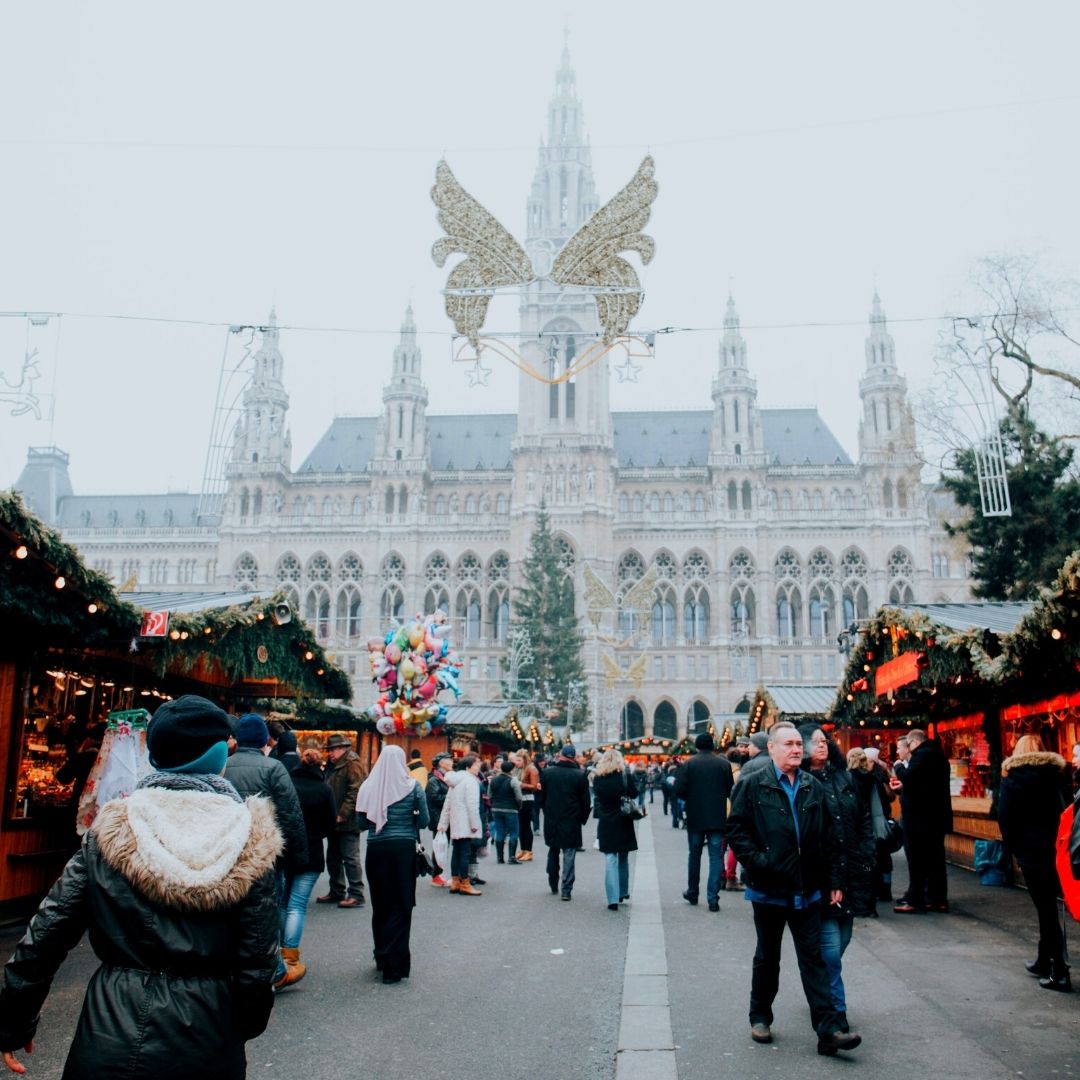
Image Credit: Unsplash (Representational)
Ukraine-Russia War: How Western Sanctions Changed The Daily Life Of Every Russian?
Writer: Snehadri Sarkar
While he is a massive sports fanatic, his interest also lies in mainstream news and nitpicking trending and less talked about everyday issues.
Others/World, 15 March 2022 10:08 AM GMT
Editor : Ankita Singh |
A literature lover who likes delving deeper into a wide range of societal issues and expresses her opinions about the same. Keeps looking for best-read recommendations while enjoying her coffee and tea.
Creatives : Snehadri Sarkar
While he is a massive sports fanatic, his interest also lies in mainstream news and nitpicking trending and less talked about everyday issues.
The people of Russia are facing the wrath of multiple Western sanctions, which have been placed after Putin's attack on Ukraine, which has crippled the Kremlin on multiple fronts.
The West decided to impose multiple sanctions on Russia after launching a full-scale military invasion of Ukraine. Russian President Vladimir Putin has upheld the action, calling its actions a "special operation" to "de-Nazify" and demilitarise Ukraine. However, the West called this a baseless pretext for a war of choice.
Amid the critical constraints, multiple economic penalties have been placed on Russia, with many international companies deciding to suspend operations there, affecting the day-to-day life of millions of Russians.
The war in Ukraine has also resulted in inflation in the cost of living, looming risk of job loss, and multiple economic institutions have been isolated in Russia.
So, here's how daily life has changed in the Kremlin since the start of the Ukraine war!
Increasing Prices Of Cooking Oil, Sugar & Other Everyday Items
After the Western sanctions were placed, consumer prices went up by nearly 2.2 per cent in Russia. According to reports, shops in Moscow and numerous other cities restrict sales of medicines and a few other items after hoarding complaints. Meanwhile, the rouble has plunged since the invasion started almost three weeks ago now.
Russia is set to use Chinese yuan to conduct foreign exchange reserves after the West's sanctions prohibited the Kremlin's access to the euros and the US dollars in the reserves, Finance Minister Anton Siluanov stated on March 14. Furthermore, sugar prices have also gone up by 20 per cent, reported NDTV.
Paralysed Media In Russia
The Putin-led Russian government shut down the handful of independent media outlets reporting on the war in Ukraine and criticising Russia.
At the start of March, a clip surfaced on social media platforms that showed the entire staff of a Russian television channel resigning live on-air and stagged a mass walkout. Furthermore, most Russians are currently getting the news about the war in Ukraine through state-run media only, with Moscow deciding to blow social media outlets like Instagram in the country as well.
Laptops, Smartphones & Other Tech Equipment Are Now Costlier
Amid the delay in supply due to the restrictions, the value of televisions, laptops and smartphones have inflated by approximately 10 per cent, as per the BBC.
Meanwhile, global brands like Apple, Nike, Puma, Microsoft, and Ikea no longer sell their products in Russia as well.
According to the economy ministry, annual consumer inflation reached 10.42 per cent as of March 4, up from 9.05 per cent as of February 25.
Meanwhile, the weekly inflation went up to 2.22 per cent from 0.45 per cent in the preceding week, the highest reading since 1998.
Banking System Crippled In Russia
After the Western sanctions, Russian financial institutions decided to remove the Society for Worldwide Interbank Financial Telecommunications (SWIFT) international payment system, making transactions to and from Russia massively complex.
Google Pay, Apple Pay, Visa, Mastercard and others have also suspended their services in Russia.
Food & Clothes Costing More For Russians Now
The state-run Promsvyazbank (PSB) stated that Russians hurried to purchase pharmaceuticals and electronics and had to pay more on food and clothes during the first week of March, stockpiling goods amid the Western sanctions to cut off-trade.
A Russian citizen had to d 21 per cent more in the first week of March than average for February this year, driven by both inflation and panic to stockpile, state bank PSB revealed in a release after analysing debit and credit card transactions.
Spending money on electronic items went up by 40 per cent, sales of pharmacy added 22 per cent, and demand for shoes, clothes and spending in supermarkets went up by 16 per cent, the PSB also added.
Also Read: Ukraine War: Like Hitler & Napoleon, Putin's Russian Army Also Struggling In Mud Amid Thaw
 All section
All section














